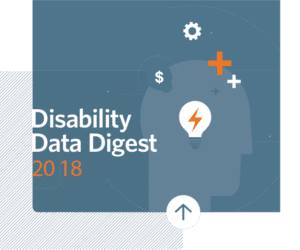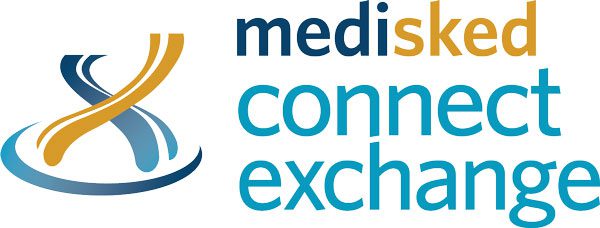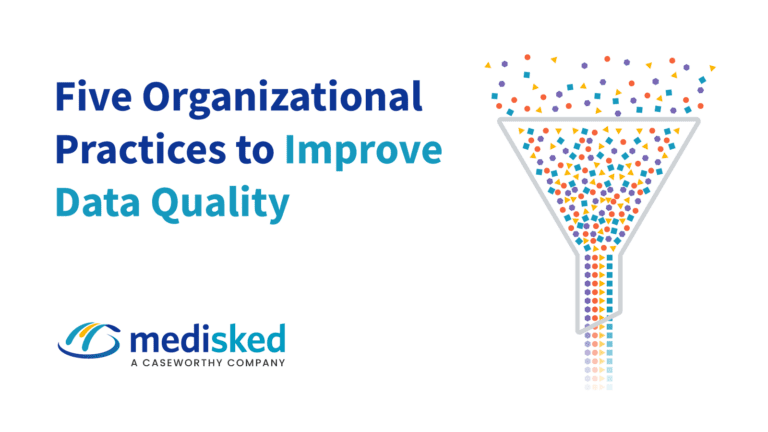Fifty-three years ago, President Lyndon B. Johnson signed Medicare and Medicaid into law as amendments to the Social Security Act. What began as health insurance for impoverished Americans, evolved throughout the years to expand eligibility and benefit offerings to additional populations, including older adults and people with disabilities. Medicare and Medicaid have become vital resources to help these individuals live meaningful lives in the community with independence and autonomy.
Medicaid provides the majority of long-term care funding that allows individuals to receive home and community based services. Nonelderly adults with disabilities compose only 15% of total Medicaid enrollment but use 42% of the program spending (Kaiser Family Foundation). These funds have helped with the deinstitutionalization of individuals with disabilities and help to provide services and supports that allow individuals to live and work in the community.

As we enter the 53rd year of Medicaid and Medicare, it is clear that these programs will continue to change. The Arc and MediSked created the Disability Data Digest, a new resource that compiles the latest research in the industry in easy-to-read infographics to help people understand the current statistics in our field. Data is a powerful tool – the Data Digest can be used to aid advocacy efforts by incorporating irrefutable statistics into the narrative. We encourage you to utilize this publication as you work tirelessly to educate others that Medicaid and Medicare are the lifelines for services and supports for older adults and individuals with disabilities to live the lives they choose.







